Students and Online Learning, a relationship that wasn’t meant to be
I recognise the hardships which all teachers and staff at St. Louis had to go through in the past months and I especially appreciate their effort in trying to make our learning experience during the pandemic as enjoyable as possible. Thank you all. This article is not intended to criticise any teacher or staff member in any way. This article will only refer to what students experienced in 2020 and 2021 and it is dedicated to them.
The online learning odyssey is almost over but how has it affected us students so far and what will it leave behind?
“Online learning”, the phrase that has haunted students from all around the world for the past 13 months has been the source of many discussions, but as the academic year comes to an end, I wanted to understand what effects learning from home has had on students at St Louis. This is why I decided to conduct a survey among the high school students from year 10 to year 13. The answers I received gave me an insight into the students’ opinions as a whole, revealing the possible short and long term effects of online learning.
It didn’t come as a surprise when more than 85% of the students answered yes to the question “Do you feel that online schooling has affected your learning negatively?”. In fact, the negative sentiment regarding the alternative teaching method imposed as one of the Covid-19 restrictions was more than widespread among students in the past months, as many found it difficult to adapt to online learning. Be it the limited human interactions or the numerous home-linked distractions, most students found it hard to concentrate and understand new concepts. The chronic uncertainty caused by the pandemic also didn’t help to make the situation better. Every time we students saw a shimmering light at the end of the tunnel our hope of a return to normality at school and in life vanished as new restrictions were imposed, forcing us back home. Overall, it was this sense of hopelessness that undermined our studies and made learning even more challenging in these past months.
When asked to describe their online learning experience, students used words like “depressing”, “isolating” and “draining”, which all vividly depict the effects of the prolonged absence from school. However, the word which in my opinion best described the emotions I felt when studying from home was “alienating”, it encapsulates the true consequences of having to spend most of your time in front of a screen passively listening rather than in class, collaborating and sharing experiences with classmates. Students including me felt deprived of the unique experiences of attending high school, experiences that many students will not have the opportunity to live in the future.
The detrimental psychological effects of not being able to talk and interact directly with other students and teachers might be underestimated but as many students confirmed in the survey, online learning led to non-negligible mental effects on them. The survey results confirm that 84% of the students felt that online learning has “affected” them “psychologically”. This result isn’t surprising considering that numerous research discovered that the online teaching method leads to increased social isolation, stress, anxiety and learning fatigue. A National Geographic article mentions how the impossibility to detect non-verbal cues through a screen leads to increased mental fatigue as the brain can only rely on others’ voices. This is just one of the many effects of learning from home and I bet we can all come up with a list of other ways in which online learning has taken a toll on us psychologically.
Having said all of this, the survey revealed that some students preferred online learning to in-school learning. These students were a minority of less than 12% but this result goes to show that not everyone experiences the same situations in the same way. I can imagine the reasons behind this preference, after all, studying from home means no commute to school, less social anxiety and greater comfort. Reflecting on the questionnaire results, I realised that some students faced the online learning period concentrating on the bright side which is admirable and especially helpful to keep the morale high. Certain students even found it a period of personal growth improving their organisation and “independence”. However, this attitude must not cause us to forget about the unique experiences we live every day by going to school.
Well, what does this online learning experience mean for our future? I believe that there might be long lasting effects on our lives caused by the prolonged period of online learning. We might detect changes in our attitudes: less patience, lack of concentration and an increase in distress. Nonetheless, personally, I am concerned that teaching methods might change in the future as schools and governments might embrace online schooling to take advantage of the plenty of financial benefits it brings. I struggle to see how any change in this direction could improve the student experience and I believe this prediction to be quite dystopian. After all, personal expression and proactive mindsets are much easier to control and limit online rather than in person.
The online learning experience has undoubtedly affected our lives on many levels, challenging us every day. Yes, it has been “alienating” and “stressful” but it has also taught us how to adapt and overcome obstacles and I hope that when looking back at this period of our lives we will not do it with a feeling of regret but rather satisfaction. We should not feel pity for ourselves because we had to miss out on many experiences that make high school so special, we should feel proud for everything we were able to accomplish under these dire circumstances and let the lessons we learnt in school and life during these challenging times guide us in our future.

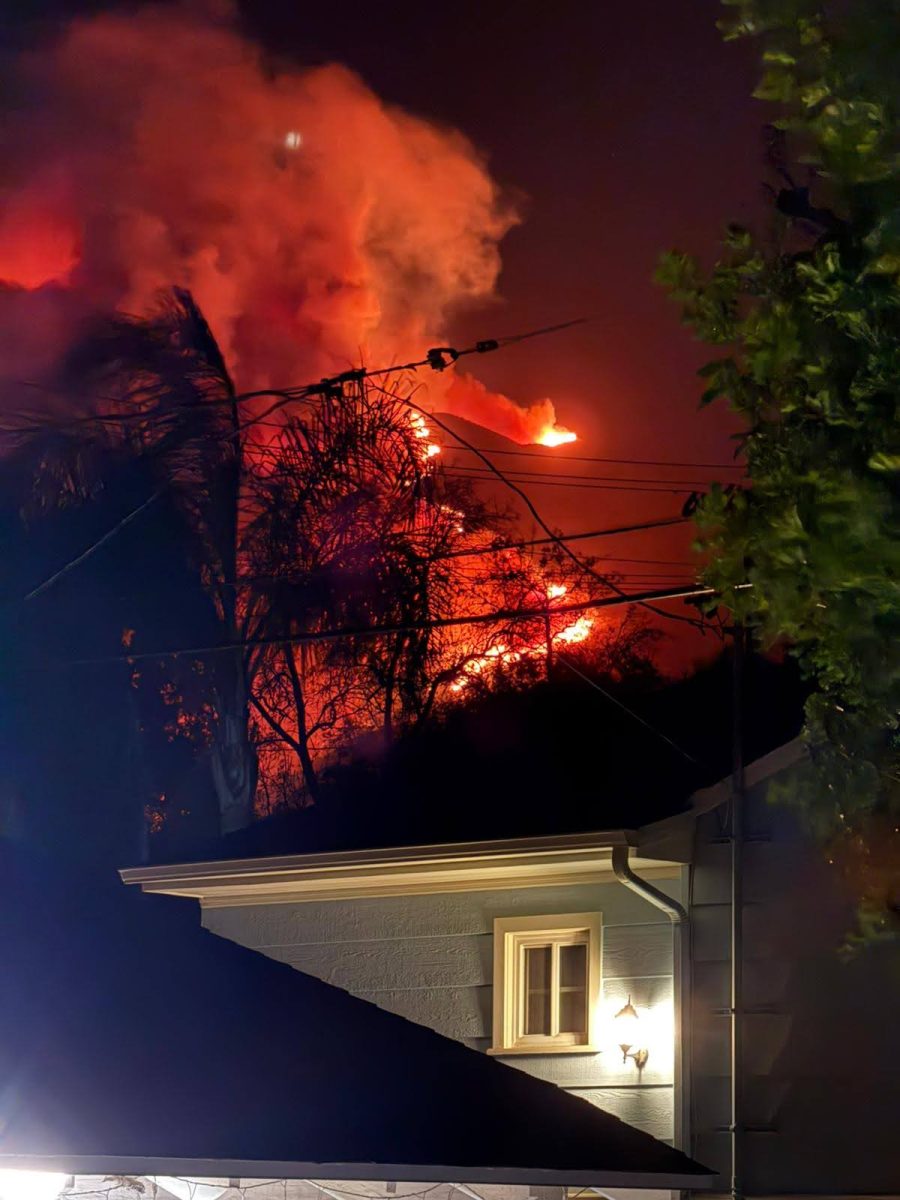
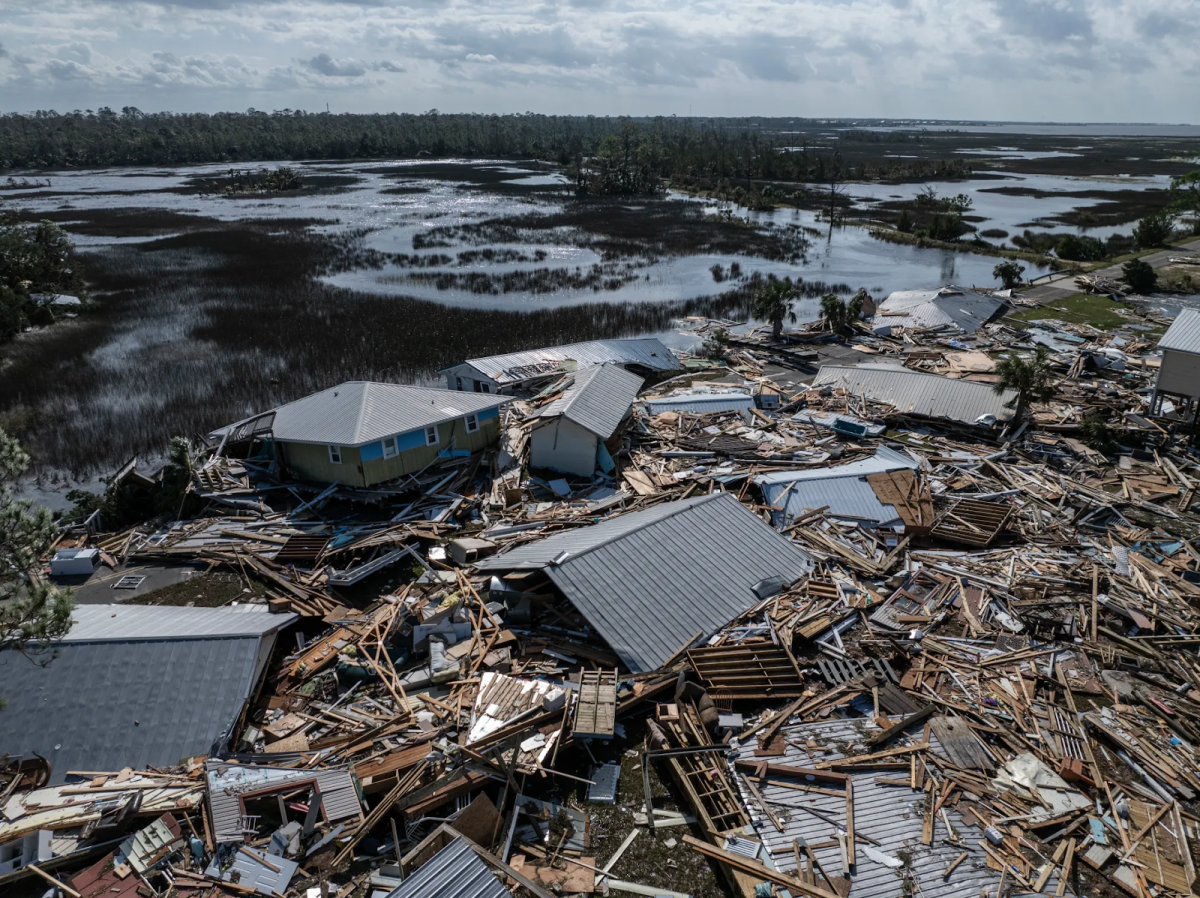

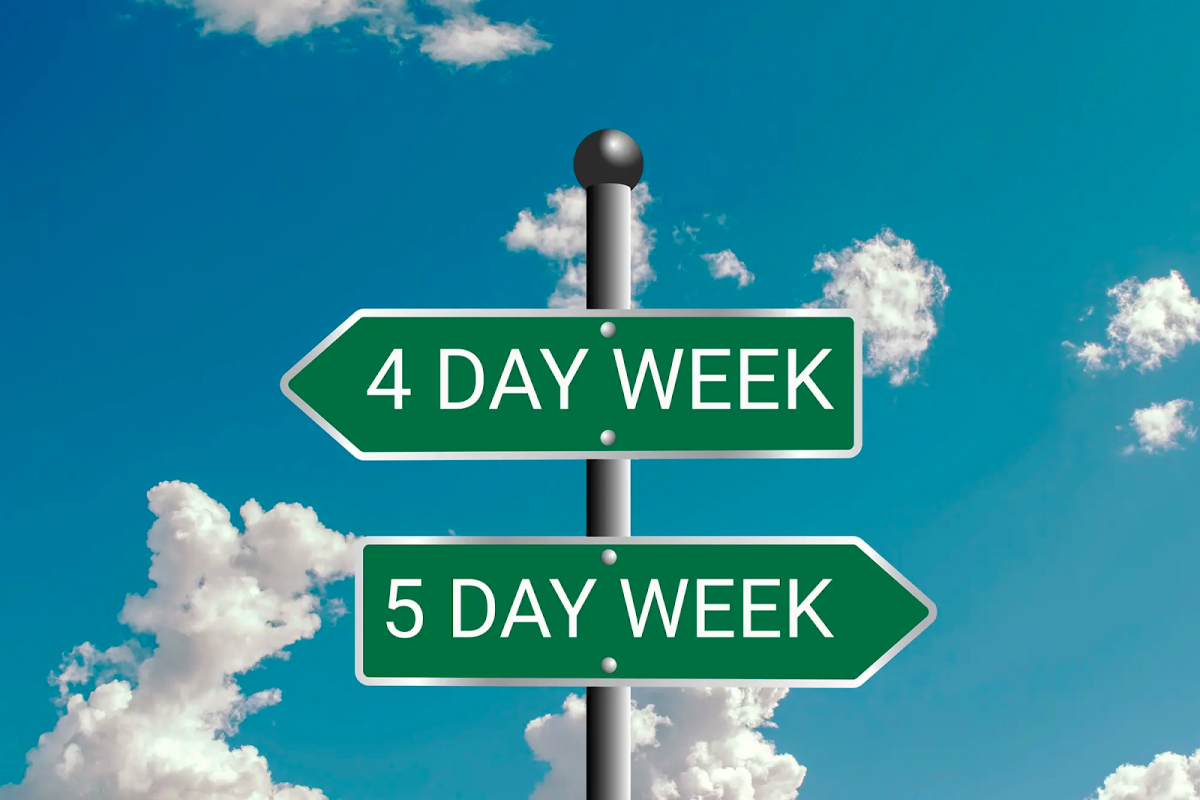
















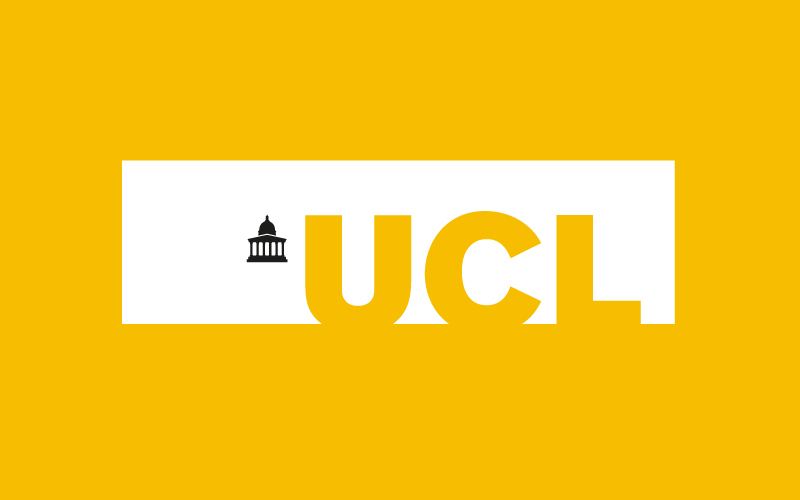




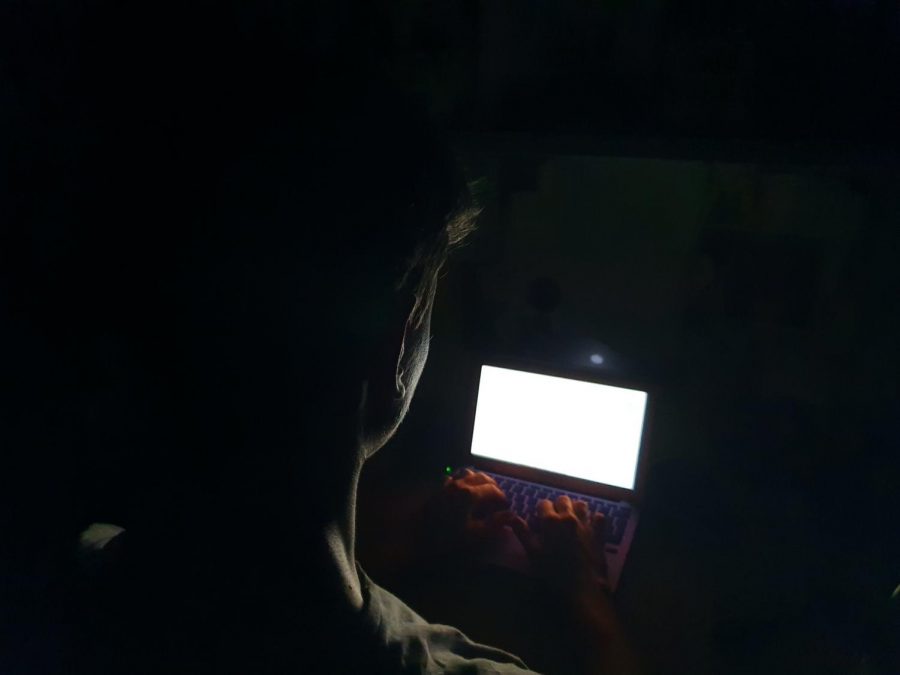
Hatty Rafferty — Apr 10, 2021 at 10:40 PM
Well said Giorgio- this is a really interesting article and reflects so much of what we as teachers are seeing for ourselves. That essential ‘human’ dimension is missing online- almost invisible in terms of what it is but so important for us to function as the social creatures we are meant to be. It has also been really hard for the teachers who have been separated from close family and friends for the best part of a year- and I know we also have students who have had to endure this separation too. We do indeed live in interesting times and the history books will have a lot to say about this Covid era.
I sincerely hope for your graduating class that you will get the full on student experience you deserve when you go to university.
I suppose that this might even make us all more sensitive and patient with each other, rather than the other way around? I am an eternal optimist and I believe something good comes from everything. 🙂
Keep on writing!
Mrs R